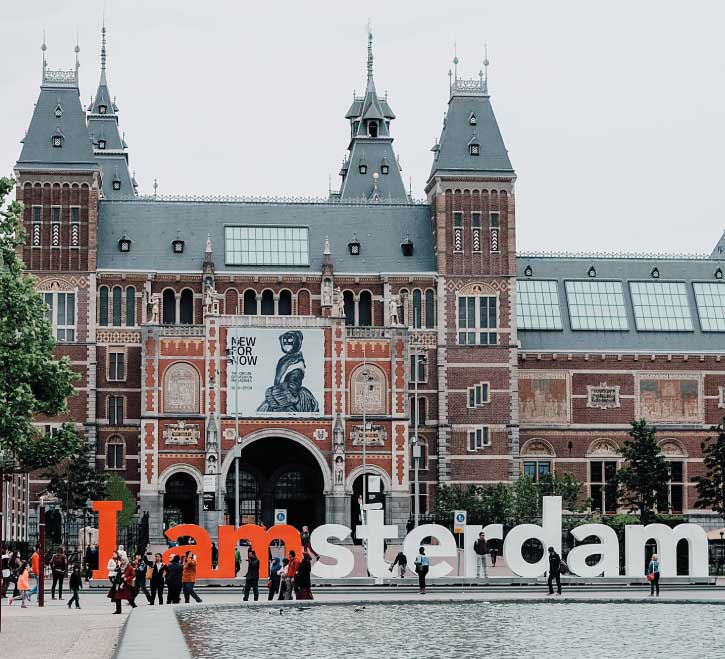Space and Tech: How the Space Age is Revolutionising Life on Earth
Published: 8 August 2022
Although it’s easy to dismiss the billion-pound explorations into space by the likes of Elon Musk and Jeff Bezos, there are benefits felt on planet earth of these intergalactic missions.
Starlink is one of the most recent examples of how space has helped tech development. The broadband internet service operates via satellite dishes installed in homes and businesses and is delivered by thousands of satellites that have been put in space by Musk’s SpaceX company.
Climate Management and Weather Research
Work by the International Space Station (ISS) – the largest space station and joint venture between the US, Russia, Japan, Europe and Canada which launched in 1998 – has had a significant impact on helping to predict and avoid climate-related problems on earth. The ISS’ earth observing instruments provide data that help cities reduce urban heat, allow farmers to allocate water better and help forest managers decrease fire risks.
The ISS has also helped with improving air filtration – a new system used to grow plants in space has shown it can purify air on earth, prolong the shelf life of products and remove Covid virus from confined spaces.
Medicine and Healthcare
Space exploration has led to improved availability of ultrasound procedures and the x-ray technology used in space is now used in CT scans. Cancer research has also benefited – protein crystals made in space are helping scientists develop improved cancer treatments – and DNA sequencing has become more advanced. In the future, space technology could also help millions of visually impaired people, as work is underway to make artificial retinas for those suffering from retinal diseases. And it’s not just humans benefitting – protein crystal research helped develop artificial dog and cat blood used to help treat poorly pooches and felines.
Daily Life
The impact of space tech in our everyday lives is endless. Electronic and computer advances, safer water through filtration systems, thermal protection for firefighters and surface coatings on mobile phones are just some of the benefits. In manufacturing, the development of a robotic arm to use on assembly production lines has been a space by-product.
Space Tourism
There has been much talk around space tourism – human space travel for recreational purposes – with Bezos’ Blue Origin, Richard Branson’s Virgin Galactic and Musk’s SpaceX the pioneers of this field. Whilst the idea of space travel may seem like an indulgent luxury to many, there are benefits that may be felt a little closer to home. SpaceX is already in the process of using its tech to develop earth to earth exploration – which means you could travel from New York to Shanghai in just over half an hour.
And Finally…Earth’s Survival
In a couple of months’ time, the DART (double asteroid redirection test) satellite, which is a NASA space mission, is going to attempt to shift an asteroid. The purpose of this experiment is to be able to stop the disaster of an asteroid hitting earth in the future and ending all life as we know it.
You can subscribe to Lifeline IT podcasts on Apple Podcasts, Spotify, Overcast, Player FM, or wherever you listen to podcasts.
SHARE POST
CONNECT
REPORT AN INCIDENT
To access the Lifeline IT support portal and log an incident, please click the button below or phone us on 020 8238 7838.
GET IN TOUCH
Email: [email protected]
Tel: 020 8238 7838
Head Office Address
Unit 8 Stirling Industrial Centre,
Stirling Way, Borehamwood,
Hertfordshire, WD6 2BT
STAY UPDATED
Sign up to our newsletter for informative news about the IT and technology landscape











 This uses the new tabs module, so we can style it however we want using our built in design controls!
This uses the new tabs module, so we can style it however we want using our built in design controls!
 And of course you can add images or whatever you want here too.
And of course you can add images or whatever you want here too.



